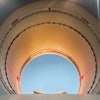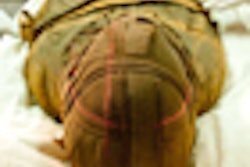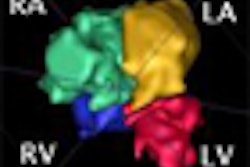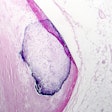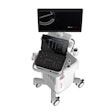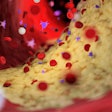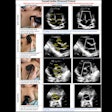Dear AuntMinnie Member,
What a week for mammography. The U.S. Preventive Services Task Force's (USPSTF) decision to raise its breast screening guidance to age 50 has ignited a firestorm of criticism, and we're reporting on the fallout this week in our Women's Imaging Digital Community.
The USPSTF on November 16 rescinded its seven-year-old advisory that mammography screening start at age 40, citing statistical evidence questioning the effectiveness of mammography for younger women. But the panel apparently didn't consider the emotional value that screening generates when even one life is saved -- a value that can transcend quality-adjusted life years, mortality rates, or other statistical measures.
Mammography advocates dismayed by USPSTF's switch can take heart in the outpouring of support the technology has received, both from clinical experts and the lay public. Many women have greeted the change with disbelief, especially given the panel's acknowledgement that screening women in their 40s does indeed save lives -- just not enough to meet statistical criteria.
View an article on the backlash by clicking here, and read about how the change won't be affecting Medicare reimbursement for screening women in their 40s any time soon. Check back for more updates in our Women's Imaging Digital Community at women.auntminnie.com.
CCTA saves money and dose
In other news, a new article in our Cardiac Imaging Digital Community addresses another controversial topic that is gaining currency on the side of imaging: the use of coronary CT angiography (CCTA) to triage chest pain patients presenting to the emergency department.
Researchers in the Coronary Computed Tomography for Systematic Triage of Acute Chest Pain Patients to Treatment (CT-STAT) trial found that CCTA is not only cheaper than the current standard of care, but it also generates lower radiation doses.
Learn more by clicking here, or visit the Cardiac Imaging Digital Community at cardiac.auntminnie.com.


